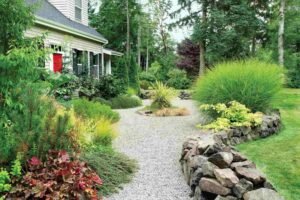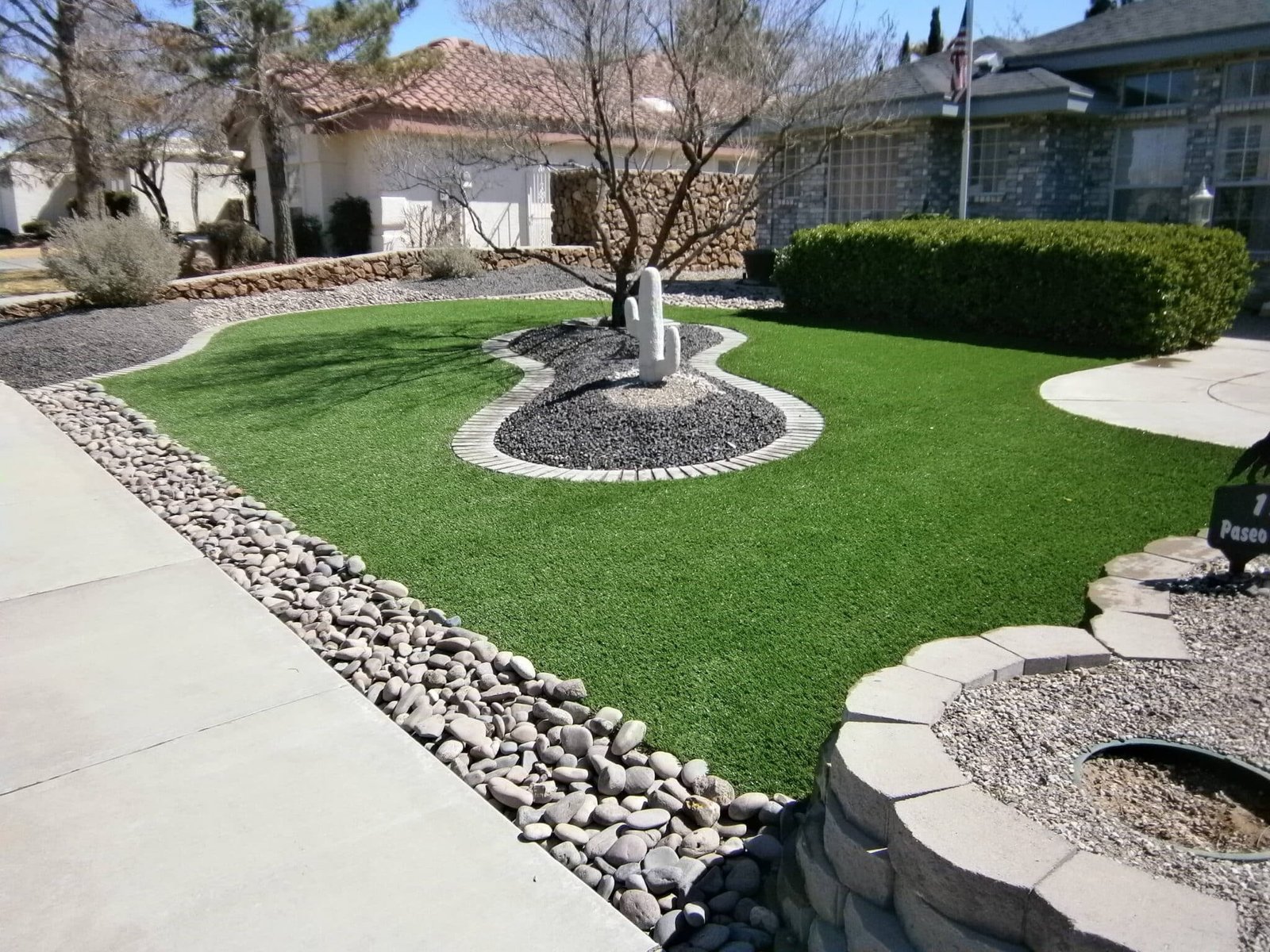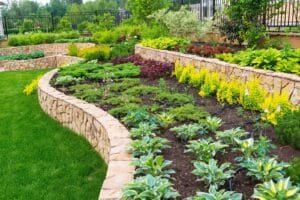Paving slabs are flat stones or concrete blocks used for creating outdoor surfaces such as patios, driveways, walkways, and garden paths. Paving slabs come in various sizes, types, shapes, and colors and are made from concrete, natural stone, or clay.
Paving slabs provide a durable and low-maintenance option for outdoor surfaces and can enhance the appearance of outdoor spaces. Paving slabs are easy to install and require minimal maintenance. They are also slip-resistant and can be used to create unique designs, allowing homeowners to customize their outdoor space. In addition, they are weather-resistant and can withstand extreme temperatures, making them a great outdoor
option.
What Are Paving Slabs?
Paving slabs, also known as pavers, are flat stones or bricks used to create a solid surface for walkways, patios, and driveways. They are laid on top of a layer of sand and gravel to create a stable base and are usually secured in place with mortar. The spaces between the pavers are filled with sand to prevent movement and create a level surface.
Paving slabs can be made from various materials, including concrete, natural stone, and clay. They are durable, long-lasting, and provide an attractive surface for outdoor living spaces. Paving slabs create hard-surfaced outdoor areas such as a patio or driveway. They are also used to create pathways. The materials used for paving slabs are chosen for their durability and aesthetic appeal, making them popular for landscaping projects.
Types Of Paving Slabs Materials
Different paving materials are used for other applications, such as asphalt for roads, concrete for driveways and sidewalks, and stone for patios and walkways. Each material has unique benefits and drawbacks, so it’s essential to consider all factors before deciding. For example, asphalt is more cost-effective, durable, and easier to repair than concrete and stone, but it could be more aesthetically pleasing. Concrete is more aesthetically pleasing and has a longer lifespan, but it is also more expensive and difficult to repair. Stone is the most aesthetically pleasing but also costly and challenging to install.
Best Paving Slabs For Driveways
Concrete and asphalt are two of the most popular materials used for driveways, as they are durable and relatively low-maintenance. However, other materials, such as cobblestone, brick, and pavers, can create a unique and attractive driveway. These materials are typically more expensive than concrete or asphalt but offer various color and design options. They are also more environmentally friendly, as they do not require using non-renewable resources such as asphalt and concrete. They are easier to repair and replace than concrete or asphalt. Additionally, they can add a unique decorative element to a home’s exterior.
Disadvantages Of Paving Slabs
- Cost: Paving slabs can be expensive compared to other paving options.
- Heavy Weight: Paving slabs are heavy, making them difficult to handle and install.
- Maintenance: Paving slabs require regular cleaning and sealing to keep their appearance and prevent damage.
- Climate sensitivity: Paving slabs can crack or become damaged in extreme weather conditions.
- Installation: Paving slabs require a stable, level surface, which can be challenging.
- Unevenness: Paving slabs can become uneven over time, leading to tripping hazards or water pooling.
Natural Stone Paving Slabs
Advantages:
- Durability: Natural stone paving slabs are long-lasting and can withstand heavy traffic and weather conditions.
- Aesthetics: Natural stone offers unique patterns, textures, and colors that can enhance the appearance of any outdoor space.
- Value: Natural stone paving slabs can add value to a property due to their timeless beauty and durability. Slip-resistant: Natural stone surfaces can provide a slip-resistant surface, making them ideal for high-traffic areas or wet environments.
Disadvantages:
- Cost: Natural stone paving slabs can be expensive compared to other paving options.
- Maintenance: Natural stone requires regular cleaning and sealing to keep its appearance and prevent damage.
- Climate sensitivity: Natural stone can be affected by extreme temperatures and weather conditions, leading to cracking or discoloration.
- Installation: Natural stone paving slabs require a stable, level surface for installation, which can be challenging.
- Weight: Natural stone paving slabs can be heavy, making them difficult to handle and install.
Best Non-Slip Paving Slabs
Paving slabs with a non-slip surface are an ideal choice for areas exposed to moisture, such as near a pool or in a wet climate. The non-slip surface helps prevent falls and other accidents by providing a safer and more secure walking surface. The non-slip surface works by creating a coarse texture on the top of the paving slabs. This rough texture offers more friction and grip, which makes it harder to slip and fall. The non-slip surface also helps protect the paving slabs from wear and tear caused by regular use, which allows them last longer.
Concrete Patio Slabs
- Stamped concrete: a pattern is imprinted on the surface for added grip and visual appeal
- Broomed concrete: the surface is lightly brushed for a non-slip finish
- Exposed aggregate: rocks and pebbles are left exposed on the surface for added grip
- Textured concrete: rough surface provides good traction even when wet
- Tumbled concrete: edges are slightly rounded for a non-slip surface.
Granite Paving Slabs
Due to their strength, durability, and aesthetic appeal, granite paving slabs are a popular choice among homeowners and landscapers. In addition, the stone is low maintenance and highly resistant to staining, cracking, and fading, making it an excellent choice for outdoor surfaces.
Additionally, granite is a natural material that is easy to clean and can last for many years with minimal upkeep. It is also available in various colors, making it easy to find a slab that fits your desired aesthetic. Granite is also more durable than other materials, such as concrete or tile, which can be prone to cracking, chipping, and staining. Furthermore, it is heat-resistant, making it an excellent choice for outdoor surfaces that may be exposed to the elements.
Conclusion:
Paving slabs are an excellent option for outdoor surfaces, as they are durable, easy to maintain, and come in various colors, types and styles. They are also very cost-effective, making them an excellent choice for homeowners looking to save money. Explore Landscaping can guide you toward a beautiful and cost effective look and feel. Paving slabs are also resistant to cracking and fading, making them a long-lasting solution for outdoor surfaces. They are also easy to install and can be done in a short amount of time compared to other outdoor surface options.







